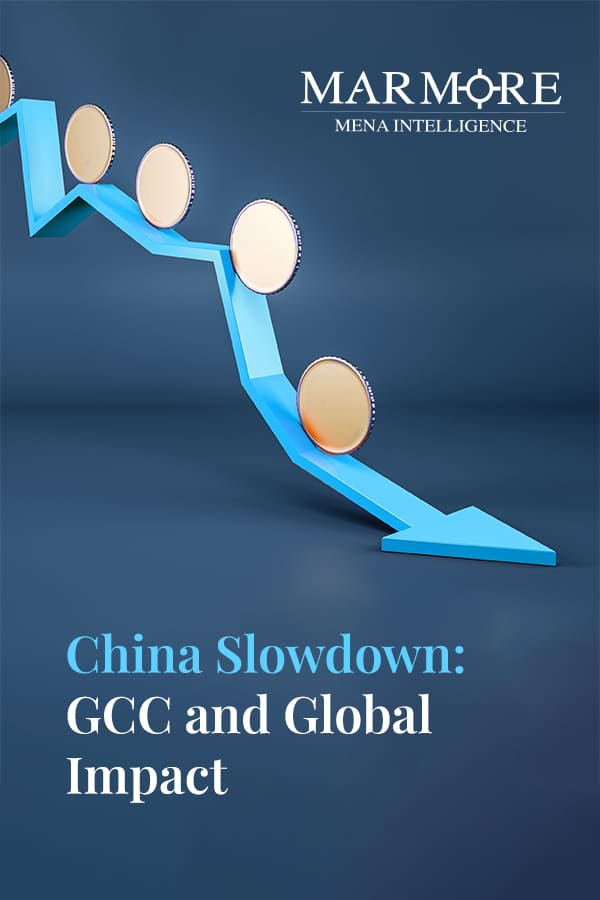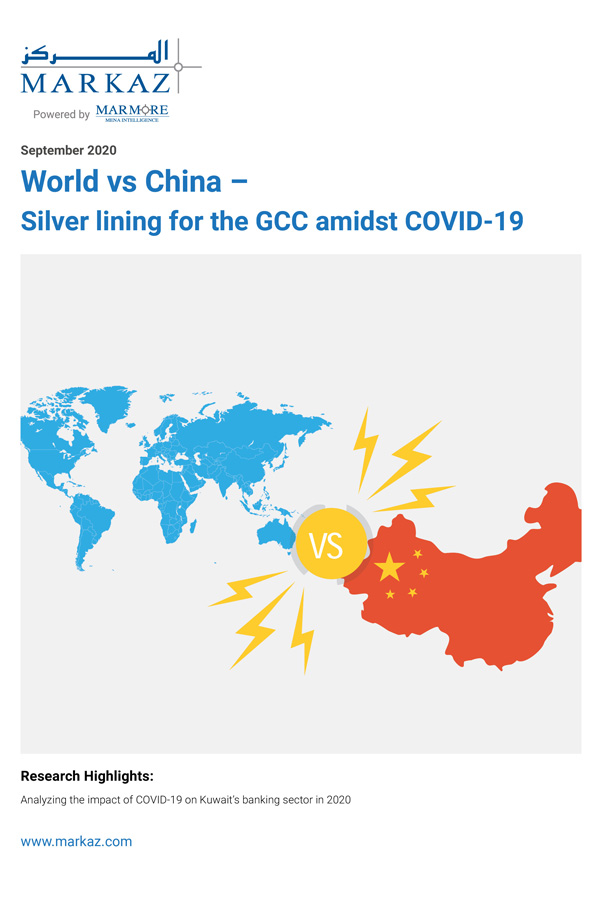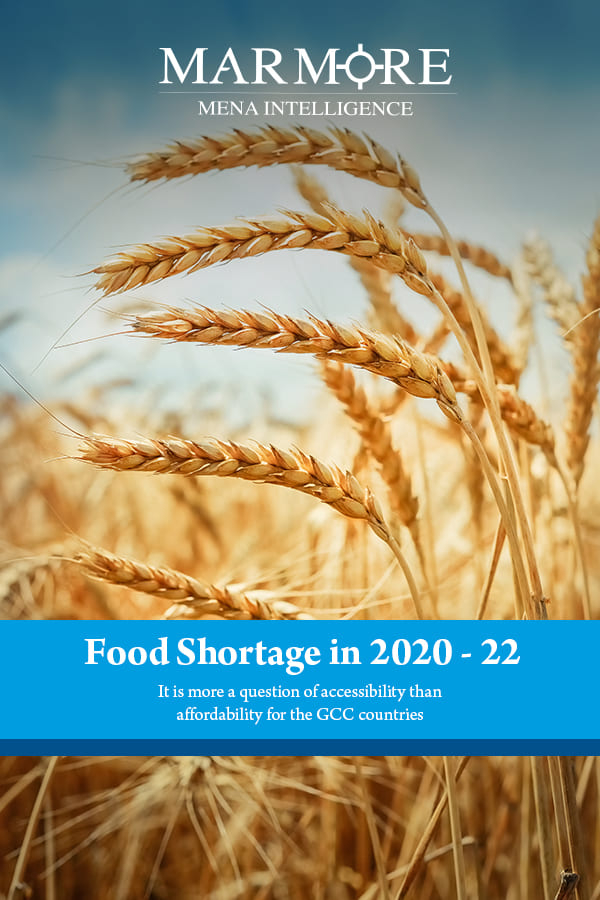Executive Summary
- An economic slowdown in China, the second-largest economy in the world is bound to have ripple effects across the global economy as China is a manufacturing hub linked to diverse supply chains.
- Chinese economy is an export powerhouse, which accounts for almost 20% of the GDP. In 2023, after the reopening of the Chinese economy, export demand slowed down due to high inflation.
- At a time when the rest of the world was facing high inflation, China is facing an economic slowdown due to weak demand. Problems in the real estate sector further affected the economy. Piling up of unsold buildings in the real estate sector has driven the debt burden of top real estate companies such as Evergrande and Country Graden.
- For the GCC countries, the slowdown in China implies a reduction in oil exports to China. China is the second largest consumer of oil with a share of 15% of the global consumption. GCC countries import several finished consumer goods from China, mainly electronics. Deflation in China might reduce the cost of imports, but a continued economic slowdown would lead to a shortage in supply.
- Stimulus measures undertaken by the Chinese government is expected to revive demand in China, which could help in the recovery of oil demand. The increase in demand for oil would lead to the relaxation of supply cuts from OPEC+, which would in turn support the economic growth of GCC countries.





